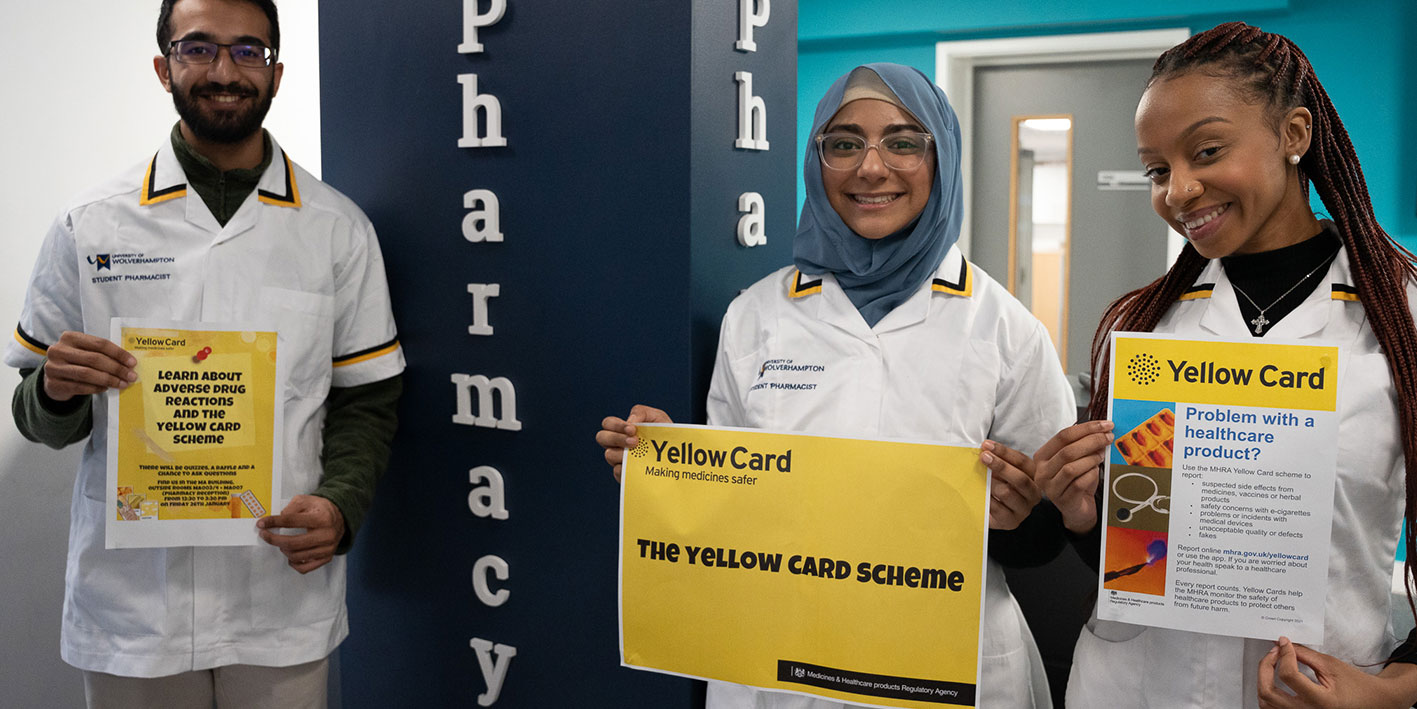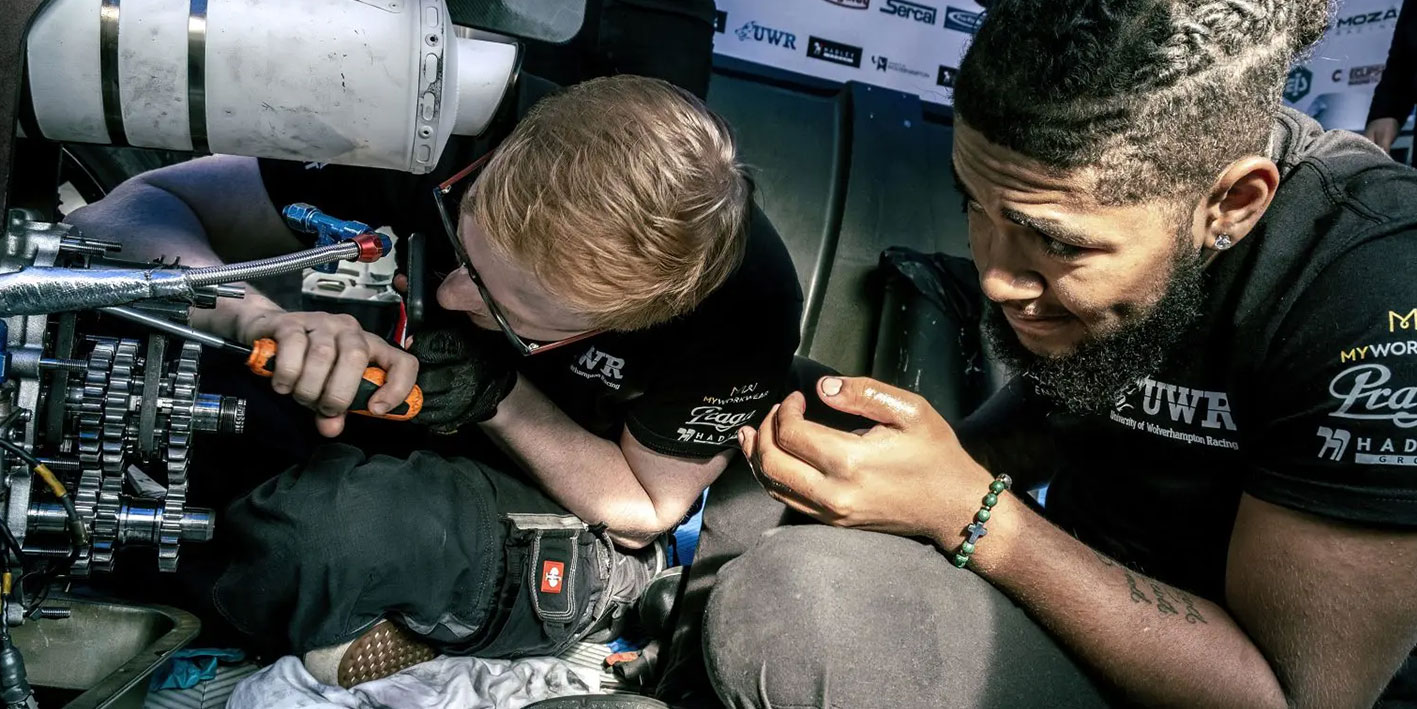
University of Wolverhampton granted a US patent for a new drug to fight bowel cancer
University of Wolverhampton granted a US patent for a new drug to fight bowel cancer
University of Wolverhampton researchers have been granted a patent for a new drug which could provide a breakthrough in the fight against bowel cancer.
Approximately 16,000 people in the UK die of colorectal (bowel) cancer each year. In the past 30 years or so, there has been a growing body of evidence to suggest that small doses of aspirin taken regularly over long periods can dramatically reduce the incidence of the disease.
It has been said that people who've got a clear family history of bowel cancer should seriously consider regular intake of low dose aspirin.
But it hasn’t been recommended for everyone to do this, because regular use of aspirin brings with it side effect risks of ulcers and gastrointestinal bleeds and very rarely is a contributory factor to strokes.
Dr Iain Nicholl and Dr Christopher Perry at the University of Wolverhampton’s Research Institute in Healthcare Science have been wrestling with this problem and for the past eight years have been looking for aspirin like molecules that could bring benefits with reduced side-effects.
Now, they have identified a possible alternative substance.
The University has now been granted a US patent for the use of some of the aspirin-like derivatives that the researchers have prepared and tested and is now looking for collaborative partners to assist in testing out these ideas.

Dr Nicholl said: “We’ve tried to understand more about the precise role of aspirin in the protection against bowel cancer, and have identified a promising lead compound that appears to have activity against colorectal cancer cells in vitro and in vivo.”
Dr Perry added: “The good news seems to be that whilst effective against colorectal cancer cells, the drugs developed so far do not appear to be seriously toxic. The hope is that this will result in reduced side effects, although a lot of work still needs to be done to translate this into a viable treatment in humans.”
ENDS
For media inquiries please contact the Media Relations Team on 01902 3222003/322736 or email emmap@wlv.ac.uk.
For more information please contact the Corporate Communications Team.


/prod01/wlvacuk/media/departments/digital-content-and-communications/images-2024/240328-Varsity-Line-Up-Resized.jpg)
/prod01/wlvacuk/media/departments/digital-content-and-communications/images-18-19/220325-Engineers_teach_thumbail.jpg)
/prod01/wlvacuk/media/departments/digital-content-and-communications/images-2024/240404-Digital-Humanities-Training-Resized.jpg)
/prod01/wlvacuk/media/departments/digital-content-and-communications/images-2024/240320-Uzbekistan-Resized.jpg)
/prod01/wlvacuk/media/departments/digital-content-and-communications/images-2024/240229-The-Link-Resized.jpg)
/prod01/wlvacuk/media/departments/digital-content-and-communications/images-2024/240404-Pharmacy-Students-Resized.jpg)

